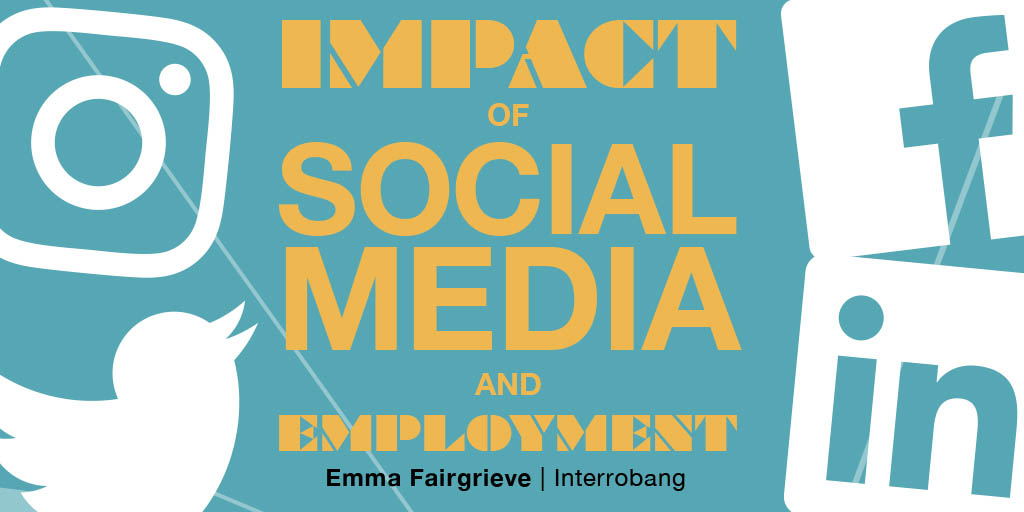Impact of social media and employment

Social media presence has never been as impactful as it is today. It’s easy to forget that what you post may influence your chances for getting job or losing out on a position. Pretend that you are running for president today. When people Google your name, what can they see? When filling out job applications, often employers search through your social media to learn more about you. During this phase they weed out people who they don’t think are professional, or who post distasteful content that a brand does not want to be associated with.
The main social media platform used by potential employers is LinkedIn. These days, having a profile is must-have when applying for many jobs both online and off. Be sure that your LinkedIn outlines your education, work experience, extracurriculars and any other important information. Having a detailed profile is important in building a network and getting connections on the platform. Those connections could lead to employers reaching out to you for a position. LinkedIn also allows you to follow companies that interest you, that way you can keep up with potential business news and opportunities.
Facebook is often considered a more personal social media platform. It is not encouraged to reach out to employers on Facebook, as some may think that is unprofessional. However, Facebook is often one the first social media platforms an employer will look at when considering you for a position. Your Facebook page should be a public account in which there are no provocative or unsavory photos and posts. Use your best judgment on what you would want a potential employer to see. If you still want to have the freedom of a personal Facebook page, consider creating a separate professional and personal account. Private the personal account, that way you can be less cautious with what is shared via social media.
Twitter is a very diverse platform that can be either very professional or laid back. Much like Facebook, you want to avoid any distasteful posts attached to your name. Again, it could be to your benefit to have a professional and a personal Twitter account. One of the benefits of Twitter is that it is less unprofessional to follow potential employers and in some cases, reaching out to companies can lead to a future job. A great way to easily produce content for a professional Twitter account can be including photos and videos of extracurricular activities you participate in and examples of work.
Instagram is best to keep on the down-low for most fields of work. That being said, it is a great tool for those looking for jobs in photography, visual arts and many other fields the require visuals. It would be to your benefit to create an accounted dedicated to being a portfolio, and a separate account for personal use (if you use Instagram for leisure). Instagram is a little murky when it comes to etiquette in terms of direct messaging employers and companies, so use your best judgment.














